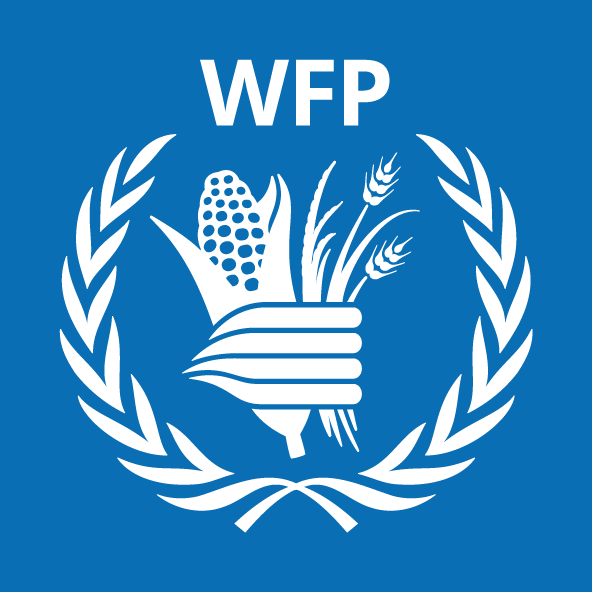By Abdallah el-Kurebe |July 15, 2025 | The United Nations World Food Programme (WFP) has raised serious concerns over the severe restrictions on humanitarian aid delivery into Gaza, warning that hundreds of thousands of people remain at risk of starvation due to blocked or delayed food convoys.
In a statement released on Sunday, the agency said that since a limited resumption of aid on May 19, it has been unable to scale up food assistance due to ongoing security challenges, permit denials, and operational delays. Although some food has trickled in, the quantities are vastly insufficient for the population’s needs.
“Since 19 May, WFP has sent over 700 trucks of food to the Kerem Shalom crossing. But the food that has actually made it into Gaza accounts for just 6,000 metric tons — enough to feed around 300,000 people for one month,” the agency said.
Gaza is home to over 2.1 million people, the majority of whom are now dependent on food assistance. Over the past month, WFP was only able to bring in 9,000 metric tons of food — a fraction of what is needed. The agency revealed that it currently has more than 140,000 metric tons of food either in storage or en route to the region, enough to feed the entire population for two months, but it cannot get the aid to those in need due to access barriers.
The statement detailed several key incidents illustrating the scale of the problem. On May 19, a 59-truck convoy carrying over 900 metric tons of wheat flour destined for northern Gaza was stopped en route. Desperate civilians intercepted the aid and offloaded it before it reached its destination. A second convoy of 21 trucks heading for southern Gaza was delayed for more than 36 hours while awaiting clearance, underscoring the unpredictable nature of current delivery efforts.
WFP has called for immediate action to prevent further humanitarian catastrophe, urging all parties to:
- Grant timely and predictable clearance for convoys;
- Ensure safety for humanitarian personnel and civilians along delivery routes;
- Open additional border crossings to accelerate aid flow;
- Guarantee secure access for last-mile food distribution;
- Support a ceasefire to enable continuous and large-scale humanitarian operations.
“WFP is ready to scale up. We have the food. What we need is access and assurances of safety,” the statement emphasized.
The agency’s warning comes amid mounting reports of malnutrition and hunger-related deaths in Gaza. With food prices skyrocketing and essential supplies dwindling, thousands of families are reportedly going days without food.
Humanitarian agencies have increasingly called for a sustained ceasefire and the opening of additional crossings into Gaza, particularly in the north where access remains most constrained. The WFP stressed that air deliveries or temporary solutions cannot substitute the volume and regularity of food needed, which only truck convoys can achieve.
As the crisis deepens, the WFP has reiterated its commitment to stay and deliver — but insisted that only immediate international cooperation and sustained humanitarian access will avert a full-blown famine.


